Everyone is a leader, but not every leader is a coach. Like many of you, I have worked with leaders who led out of fear, who micromanaged, and whose ego made it miserable for everyone else in the office. But I’ve also worked for leaders who were coaches, too. Their presence challenged me to do better, be better. Those are the individuals you and I look back on and admire.
The International Coach Federation defines coaching as partnering in a thought-provoking and creative process that inspires the client to maximize his or her personal and professional potential.
You are not a coach just because you ask questions or get results. It’s about the TYPE of questions you ask, HOW you get results, and your ability to move people forward.
Here are three actions you can take to transform from a leader into a coach.
Action #1: Take Responsibility for Your Energy
Your presence makes it safe for others to take risk and be transparent, or it cultivates an environment of fear where people will protect themselves at all cost. Coaches understand that their credibility is largely based on their character, so they use their body language and their words to make sure other people feel heard. Coaches understand that everything meaningful happens through conversation and relationships, so they are intentional about making emotional deposits throughout the entire organization, which leads to building stronger influence and brand advocates.
Action #2: Ask Empowering Questions That Move the Individual and Organization Forward
Not every conversation is a coaching conversation, and all questions are not equal. Close-ended questions skim the surface. Open-ended questions challenge the responder to elaborate, but they do not necessarily move him/her forward and can keep the client stuck in his/her story. Empowering questions are open-ended questions that challenge the client to look at the core issue, often addressing what’s not being said, so he/she can make choices and move forward with accountability. Your impact as a coach is not in how much time you spend asking questions. It’s in how much value and insight your questions provide.
Action #3: Acknowledge People’s Experiences
Coaches know one of the biggest ways to build trust is to be present and acknowledge people’s experiences. Acknowledging does not mean agreeing. It is honoring. As Brene Brown would say, “The lens through which you see the world is just as true and real to you as mine is to me.” Leaders who do not acknowledge other’s experiences tend to be judgmental and show up with a “I win, you lose” mentality. In the process of driving results and being the smartest person in the room, they make one of the biggest mistakes possible: they fail to take other people along with them.
Leaders are not coaches just because they give themselves that title or the organization uses it to describe their leadership culture. Coaching is an art and it requires thoughtful intentionality. Learn to apply these three actions into your day-to-day and you will set yourself apart from other leaders in your organization.
Everyone in your organization benefits the moment an individual transforms from a leader to a coach.

